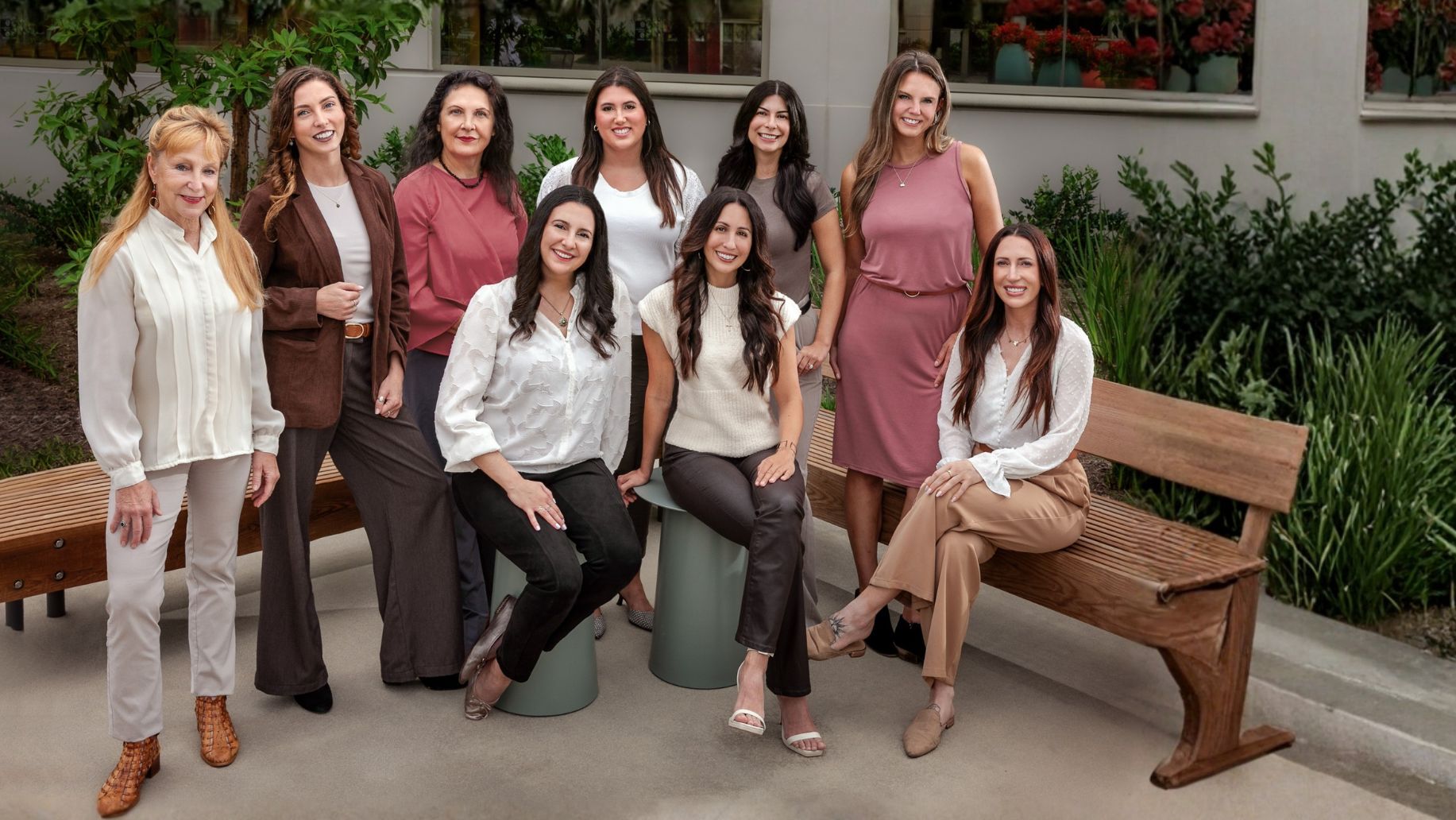Big Feelings, Tough Behaviors—We Help Kids Work Through Both
Is your child experiencing any of the following?
- Exposure to addiction or abuse within the family (domestic violence, child neglect)
- Behavioral problems (acting out, hitting, bitting, or kicking)
- Emotional outbursts (mood swings, irritability, tantrums)
- Learning or attention issues (hyperactivity, or difficulty focusing and completing tasks)
- Physical complaints despite normal exam (headaches, intestinal complaints, muscle tension)
- Adjustment challenges (changing schools, going through divorce, death of loved one)
- Social isolation or withdrawal (reserved demeanor, separation anxiety, loneliness)
Did you notice any of the following changes?

Appetite increase or decrease

Clingy or avoidant behavior

Failing or worsening grades

Significant weight loss or gain

Self harm or suicidal thoughts
If so, your child might benefit from child therapy.
How does child therapy work?

Upon booking an appointment with the therapist best suited to your child’s needs, we meet with your child alone for an initial 50 minute session. During this appointment, we establish a therapeutic rapport with your child and observe their initial presentation of symptoms. The next 2-3 sessions are a continuation of these steps, as well as an opportunity for us to gather more information and form an initial impression of their needs. A treatment plan is then formulated out of which future sessions are designed, and for each session thereafter, clinical interventions are utilized in service of meeting the established treatment goals.

Meeting weekly is our recommended frequency for beginning the process. Meeting in-person is our recommended mode for conducting child therapy.

Meeting with the parent’s child after the first appointment is important for us to gain a fuller understanding of the child’s development. Parent sessions thereafter, as needed, will be recommended depending on the progress of treatment.
“We want to create change now for future generations to come.”

What happens in a child’s therapy session?
Our child-lead approach allows your child to pick among clinically-useful activities and games that they prefer. Some of these options include, but are not limited to: sandtray play, arts or crafts, theater acting, story writing, educational games, imaginative play, sports or other. Clinical observation and treatment occurs within the child play as our clinical eye detects underlying themes or conflicts needing repair. Our methods allow us to deeply engage with kids in a way that allows them to gain insight and change their problematic behaviors. Problem solving and emotional regulation skills are taught along the way.
Why Our Team is Different
Choosing Irvine Family Counseling means choosing a team that truly cares. Each of our therapists brings a wealth of knowledge and compassion, ensuring that your path to healing is personal, meaningful, and deeply transformative.
Compassionate Experts
Our therapists combine deep training with genuine care for every client.
Personalized Therapy Plans
We create therapy plans that are unique to you—whether you’re working on individual issues or navigating relationships.
Faith-Based Approach
If desired, we can integrate Catholic-Christian values into your care.
You have questions, we have answers

The severity of symptoms, the level of need and the rate of progress are all factors which influence the length of therapy. Certainly, therapy beyond what is necessary for your child’s mental health will not be entertained out of respect for your time, resources and your child’s independence. When the majority of treatment goals are met, the frequency of therapy may be reduced to bi-weekly, monthly or as needed.
Explicit information, such as verbatim thoughts or expressions, are kept confidential. General information around themes, conflicts and progress, may be shared. Parental involvement will be recommended when there is clinical value. Mandatory disclosures will be made for legal and safety reasons.
For custody issues, in cases where divorced parents are each required to consent on behalf of their child’s participation in treatment, we require a copy of the court order.
We do not testify in legal proceedings unless subpoenaed.
Depending on the clinician best suited to meeting your child needs, you may be supported differently. Be sure to ask your clinician prior to the first appointment, and they will be sure to give you some helpful feedback. If your child is resistant to coming to therapy, your clinician can help you directly.
When your child has reached the therapeutic goals previously established in the initial treatment plan, we will have a discussion with you about a termination date. Our door remains open in case new challenges arise.









